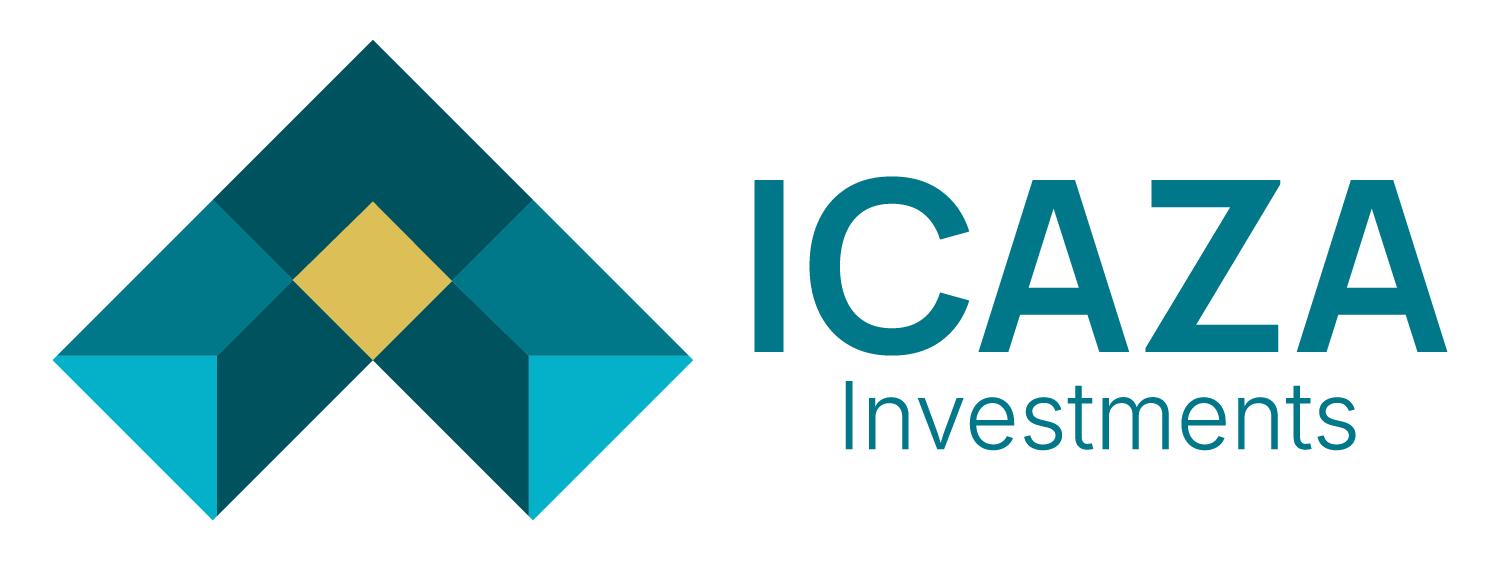The Importance of Strategic Planning for Business Success
In a fast-paced market driven by innovation and constant change, many companies fall into the trap of acting without direction. Yet, those that sustain growth over time are not necessarily the ones that move faster, but those that move strategically.
Strategic planning for business growth is what separates reactive organizations from those that act with clarity, precision, and foresight. It defines a roadmap that connects long-term vision with operational reality, ensuring that every decision contributes to measurable progress.
At Icaza Investments Corp., we see strategy as the foundation of sustainable success: the disciplined process that turns vision into results.
What Is Strategic Planning Today?
Strategic planning is not about predicting the future; it’s about preparing for it. Modern planning focuses on adaptability, decision-making, and continuous improvement rather than rigid documentation.
A solid strategic planning framework should answer three essential questions:
- Where are we now? Understanding current performance and competitive position.
- Where do we want to go? Defining clear objectives and a long-term strategy.
- How will we get there? Building a structured action plan with measurable outcomes.
This living framework allows businesses to align resources, define KPIs, and stay focused even amid uncertainty.
Key Advantages
A well-structured business roadmap delivers multiple benefits that impact every level of an organization:
- Clear direction and focus: Teams understand priorities and how their actions support the company’s vision.
- Measurable progress: Objectives become tangible through KPIs and regular reviews.
- Efficient resource allocation: Strategic clarity minimizes waste and maximizes returns.
- Organizational alignment: Different departments move in sync toward shared goals.
- Resilience in change: A strong strategy provides a framework for quick, informed adaptation.
In essence, strategic planning transforms uncertainty into opportunity, guiding leaders to act, measure, and refine continuously.
Best-Practice Frameworks
Successful organizations use proven methodologies to turn planning into execution. Among the most effective are:
- PMBOK (Project Management Body of Knowledge): Provides structure and consistency in managing strategic initiatives.
- OKRs (Objectives and Key Results): Helps translate strategy into actionable, measurable objectives across teams.
- Balanced Scorecard: Aligns financial and operational metrics with strategic goals.
- Quarterly Planning Cycles: Encourage flexibility and accountability without losing long-term vision.
Implementing one or a combination of these approaches ensures that strategic planning remains dynamic, adapting to business growth rather than constraining it.
In the modern business landscape, strategy is no longer optional: it’s a necessity. A company without a defined roadmap risks directionless execution, missed opportunities, and diluted impact.
By developing a strategic planning process that connects vision, structure, and performance, organizations can navigate challenges with confidence and grow with purpose.
At Icaza Investments Corp., we help businesses design and execute strategies that stand the test of time, transforming ideas into sustainable, measurable growth.
Facebook: Icaza Investment
Instagram: @icazainvestment
LinkedIn: Icaza Investment
YouTube: @icazainvestment

